Sir Peter Maxwell Davies, the Master of the Queen’s Music, recently wrote about the almost total ignorance of young people when it comes to classical music, but I think he was wrong when he worried that Mozart and Beethoven were becoming ‘the preserve of the better off’. The truth is that if there’s a lack of interest in the classics, it crosses all classes and income brackets. Not so long ago, I had dinner with the sixth form of one of our leading public schools. I asked them if they could name one opera by Verdi. This was met by total silence. All right, I said, who can name any opera at all? Another long silence — until, at last, the head boy put up his hand. ‘How about Phantom of the Opera?’
The problem is not one of elitism, I think, but of too much pragmatism. The catastrophe of university fees was that they made a direct correlation between education and employment — graduates shouldn’t mind paying for their education because it will make them ‘worth more’ in the market. Somewhere along the line we seem to have forgotten that education is not simply about passing exams. Even so, I do wonder if Sir Peter isn’t being a touch too gloomy. This summer I played a small part in the Britten centenary celebrations, writing two songs to be performed by a choir at Snape. Entries came from all over the country, the two winners were from Derby and Southampton. One of them, a 13-year-old girl, had never composed before. On the anniversary itself, 22 November, 100,000 children worldwide joined in the singing of the ‘Friday Afternoon’ songs. We always think the worst of the young and they always surprise us.
The loss of common cultural references does make my work in young adult fiction harder. One of my books is called The Falcon’s Malteser, but this is unlikely to raise even the slightest smile these days. Favourite jokes — the Greek chef who prepares a St Valentine’s Day moussaka, for example — are now met with complete incomprehension. I was also worried about the cover of my new book, Russian Roulette, which shows a hammer and sickle. How many children actually know what they mean? I would have preferred a gun and a single bullet but my publishers assure me this doesn’t go down well in the shops.
The difference between the so-called Y generation and our own is the subject of my next television series for ITV. It has been said that this generation is the first that will be economically worse off than the one that went before. They can’t get a job and can’t afford a home. I’m not sure this theory is entirely accurate but there’s certainly enough truth in it to strike a chord and so that’s effectively the premise of New Blood. The first episode looks at greed and corruption in the pharmaceutical industry. Newspapers go to town on bankers and their bonuses but actually they’re small fry compared with the pharmaceutical companies. This year, the chairman of one multinational was offered a payoff in the region of $80 million. And, no, he wasn’t young.
There’s still a strong temptation to head off for Hollywood. Who wouldn’t want to work on shows like Breaking Bad, Mad Men or — my own new favourite — the insanely violent The Walking Dead? The sad truth is that British television is increasingly looking like a poor cousin — we just don’t have the scope, the ambition or the money to compete. I’d still like to adapt the brilliant second world war novel, The Caine Mutiny, and was intending to visit the 98-year-old author, Herman Wouk, earlier this year. Sadly, age, tiredness and health issues made this impossible. Mr Wouk, on the other hand, is fine.
Can I urge you not to see a film called Mr Peabody and Sherman in 2014? It’s a DreamWorks production about a brilliant dog who adopts a boy and it may be a triumph of wit and humanity in itself. But it’s also responsible for the tawdry, dispiriting advertisements in Regent Street that now pass as Christmas lights. Sponsoring the lights is all very well, but becoming them surely defeats the point.
If I were prime minister, I would make it the law that nobody was allowed to mention Christmas before 1 December. The Regent Street lights were turned on as long ago as 9 November. I was getting Christmas-themed emails, in the blazing Cretan sun, in August, and reindeer chocolates and wrapping paper were in the shops only weeks later, all the more ludicrous given our Indian summer. I love Christmas but would love it more if there were less of it. That said, I hope you have a happy one.
Got something to add? Join the discussion and comment below.
Get 10 issues for just $10
Subscribe to The Spectator Australia today for the next 10 magazine issues, plus full online access, for just $10.
Anthony Horowitz recently published his 17th Alex Rider novel, Russian Roulette. His other creations include the television series Foyle’s War.
You might disagree with half of it, but you’ll enjoy reading all of it. Try your first month for free, then just $2 a week for the remainder of your first year.

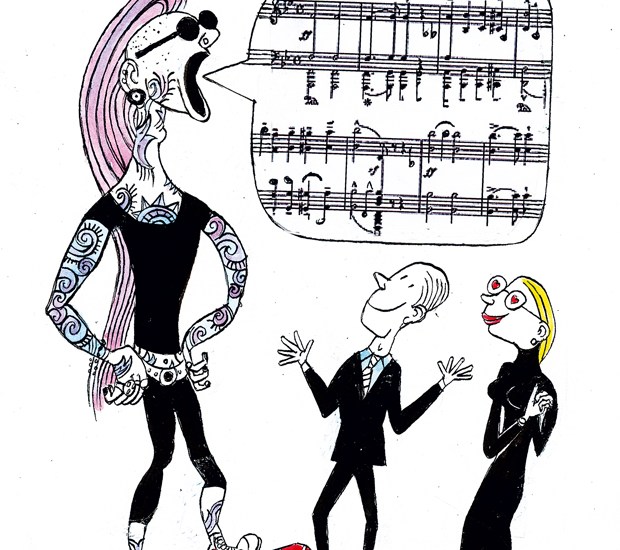
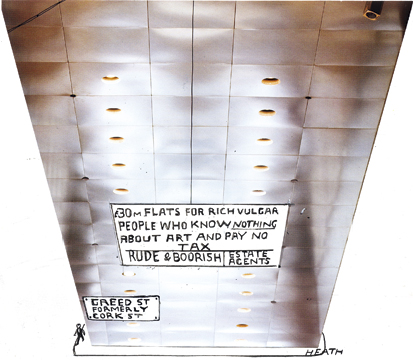
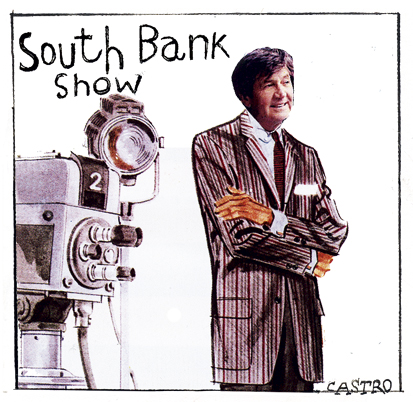
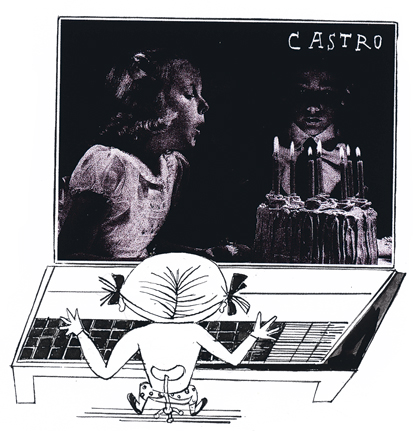
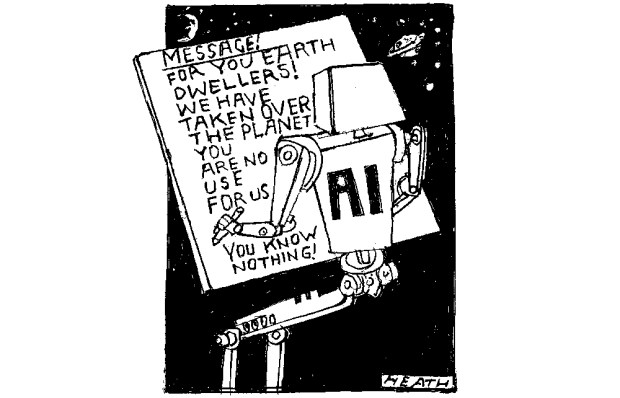
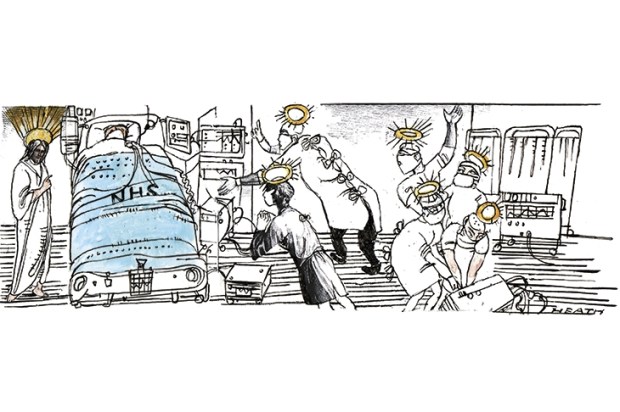
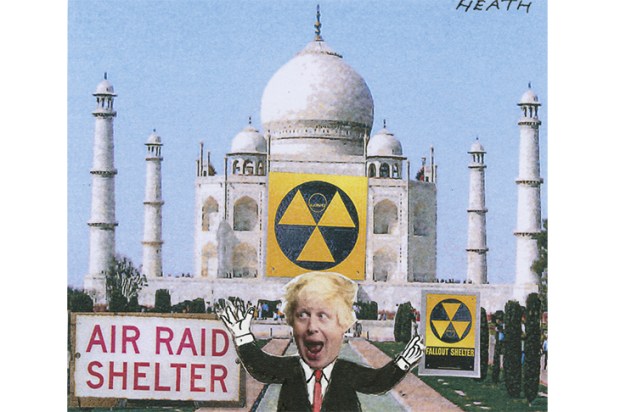






Comments
Don't miss out
Join the conversation with other Spectator Australia readers. Subscribe to leave a comment.
SUBSCRIBEAlready a subscriber? Log in